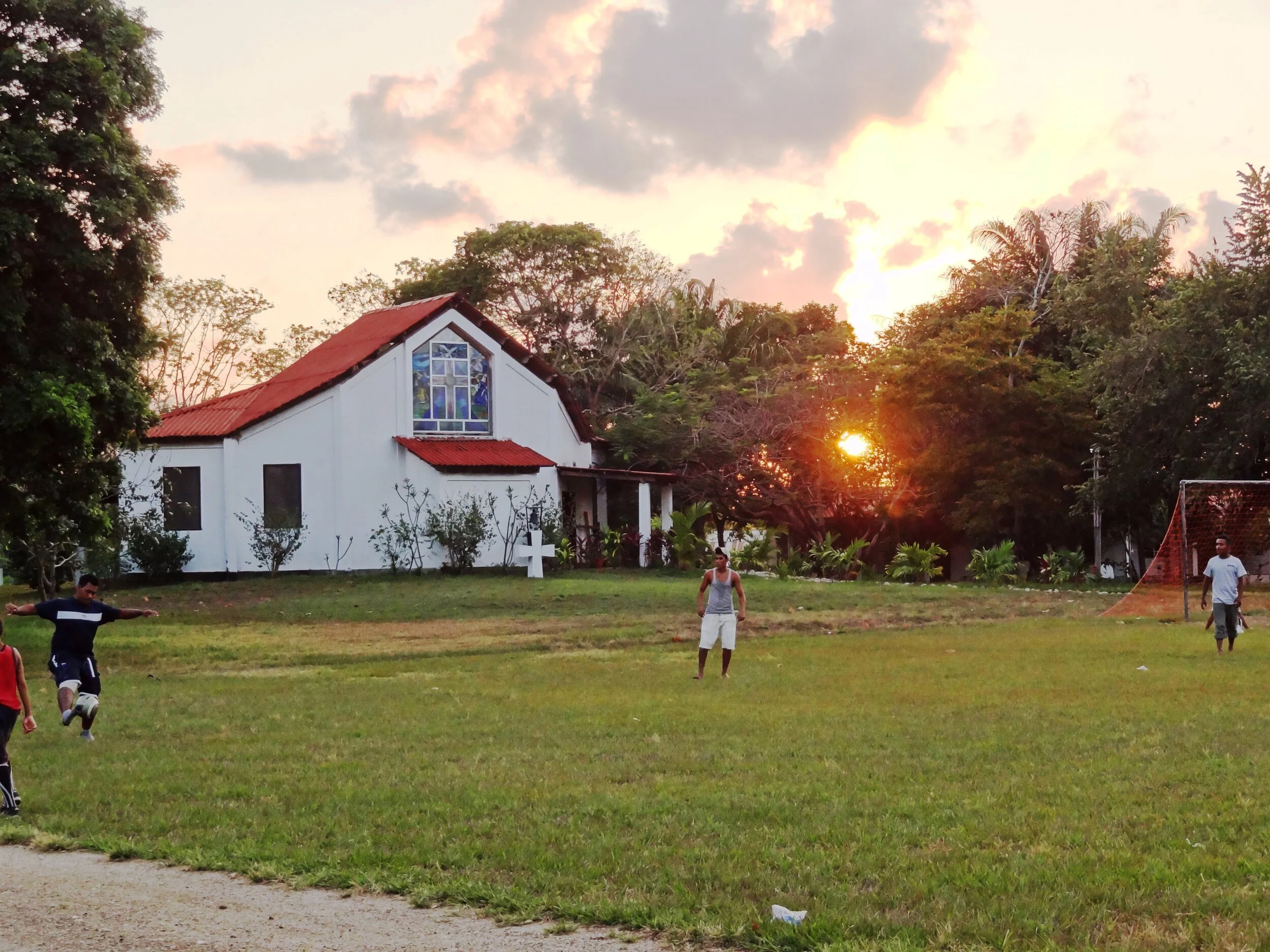what if i don’t speak spanish?
For long-term missioners, it is an advantage to have some prior knowledge of Spanish but proficiency is not an application requirement. Before arriving at the Farm, all missioners go to language school in Antigua, Guatemala for 4-8 weeks. Through daily one-on-one tutoring sessions, living with a host family, and cultural immersion, missioners have ample opportunity to practice their Spanish. Summer volunteers are required to have a conversational level of Spanish before arriving at the Farm.
How much does it cost?
Missioners fundraise their living costs for their time of service. This includes flights, language school, retreats, a modest monthly stipend, and health insurance (if needed), among other costs. The average missioner fundraises between $10,000-$15,000 for their first 27 months of service. The Farm provides training and support as missioners undertake this process. This is a great opportunity for missioners to include friends and family in their mission!
Is it hard to be away from family?
The physical separation from family and dear friends is challenging but missioners still maintain regular contact with them. Every week, missioners have two hours of internet time to call home and connect. Many choose to write letters, emails, or a blog to send updates. Family members and friends are welcome to visit the Farm starting six months into the missioner’s time of service, pending availability at the Farm.
Will I get to go home during my time of service?
All missioners take one vacation to their home country per year of service. First-year missioners are eligible to take their vacation after six months of in-country service. This vacation is approximately four weeks long and takes place in the summer, when summer volunteers can help cover missioner responsibilities. The Service Coordinator and Department supervisors collaborate with each missioner to discuss exact dates according to individual and community needs.
what kind of job will i have?
What kind of job will you not have? The majority of missioners primarily serve as full-time teachers or medical professionals but their lives are more colorful than that. Missioners are tutors, babysitters, event coordinators, soccer coaches, and catechesis teachers. Does cooking Tuesday lunch count as a job if it takes up 3 hours of your day? The Farm is not a typical 9-5 and every day will present new opportunities to serve. The ever-changing needs of a non-profit in a developing country invite missioners to embrace the unofficial pilar of flexibility and say “yes” to the job God puts before them every day. See what a typical day at the Farm looks like under the "What We Do" section.
Do I need to be catholic?
The Farm welcomes any Christian to apply to be a missioner. An openness to Catholic spirituality and theology is important for all missioners because these beliefs shape many aspects of life at the Farm. Whatever the religious background of the missioner, all members of the Farm community are expected to participate in the spiritual life of the Farm including liturgies, rosary, and holy hour every week.
What are the living conditions and diet like?
Missioners live in a modest yet comfortable home. With a view of the Trujillo Bay, the front room holds the kitchen with a water filtration system and gas stove, large dining table, living room/library, and game closet. Missioner bedrooms surround an open-air courtyard, attached to the front room, with men’s and women’s bathrooms on either side of the home. Missioners hand-wash their clothes with a washboard and cement basin (pila) located within the missioner house and all clothes are air-dried on clotheslines. Missioners share a bedroom, equipped with a twin bed and a dresser, with one or two members of the same sex. A wood-burning oven and stove and colorful hammocks are in the outdoor kitchen. Visit the "Explore the Farm" page to see more of the missioner house.
The typical diet of the Farm consists of rice, beans, tortillas, eggs, cheese, vegetables, and fruit. Every home receives meat provisions three times per week.

